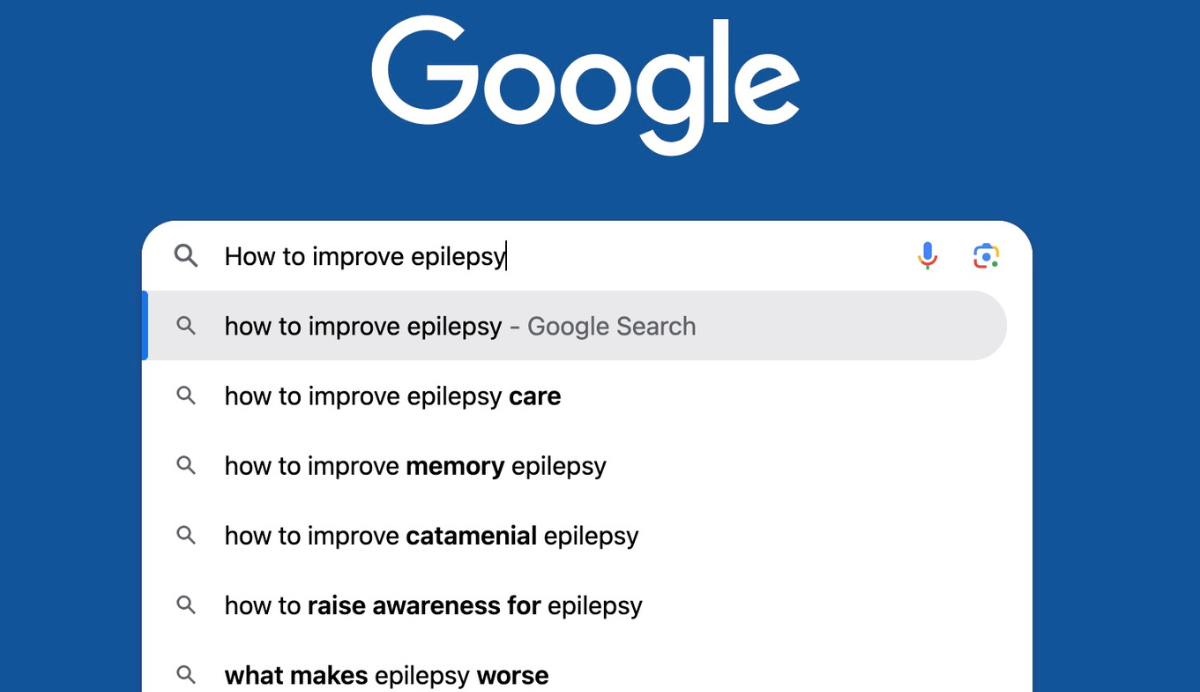Meet Jodie Chapman, one of the Australian Epilepsy Project’s Neuropsychology Research Assistants. She is a Doctor of Psychology (Clinical Neuropsychology) and is passionate about understanding the impact mood and cognitive changes have on a person’s wellbeing.
What is your role at the AEP?
I am a Neuropsychology Research Assistant at the AEP.
Participants in the AEP complete a neuropsychological assessment session as part of their involvement in the AEP. Neuropsychological assessment is a process in which a person’s mood and cognition, that is, their thinking skills, such as memory and attention, are comprehensively assessed via a range of different tasks.
As a Neuropsychology Research Assistant, I conduct these neuropsychological assessment sessions with participants in the AEP.
My job also includes contributing to research projects completed as part of the AEP that will help to ensure that neuropsychological assessment for people with epilepsy is accessible, efficient, and informative.
Why the AEP?
I want to be part of a project that understands the impact of mood and cognitive changes on people’s wellbeing and, therefore, the importance of assessing these changes – and the AEP is that project!
What do you hope to achieve?
My goals are to ensure that people understand the importance of assessing and managing mood and cognitive changes for people with epilepsy and to ensure that neuropsychological assessment is accessible and efficient for all people with epilepsy.
Proudest moment/achievement?
I think I would have to say graduating from a Doctor of Psychology (Clinical Neuropsychology) degree.
All-time favourite meal?
Okay, this question is impossible. There are a few that come to mind…but most involve halloumi in some way, shape, or form. I never pass on a halloumi burger.
Current streaming recommendation?
I am currently watching the new season of Yellowstone (on Stan), which I am enjoying.
Current book you are reading?
I always have too many books on the go. Two of my current reads are Less by Andrew Sean Greer and The Seven Husbands of Evelyn Hugo by Taylor Jenkins Reid.
What advice would you give your 12-year-old self?
Logic is good but so are your instincts. Trust your gut.
Who would you most like to meet, or have you met?
Another impossible question… many people. Maybe myself in 30 years? I imagine she would have some relevant advice for current me!
Finish this sentence: I believe the most important thing in life is…
…the people you surround yourself with.
-2.jpg)
AEP Keynotes at AWS Summit Sydney Innovation Day

AEP hailed as an exemplar for transforming lives


